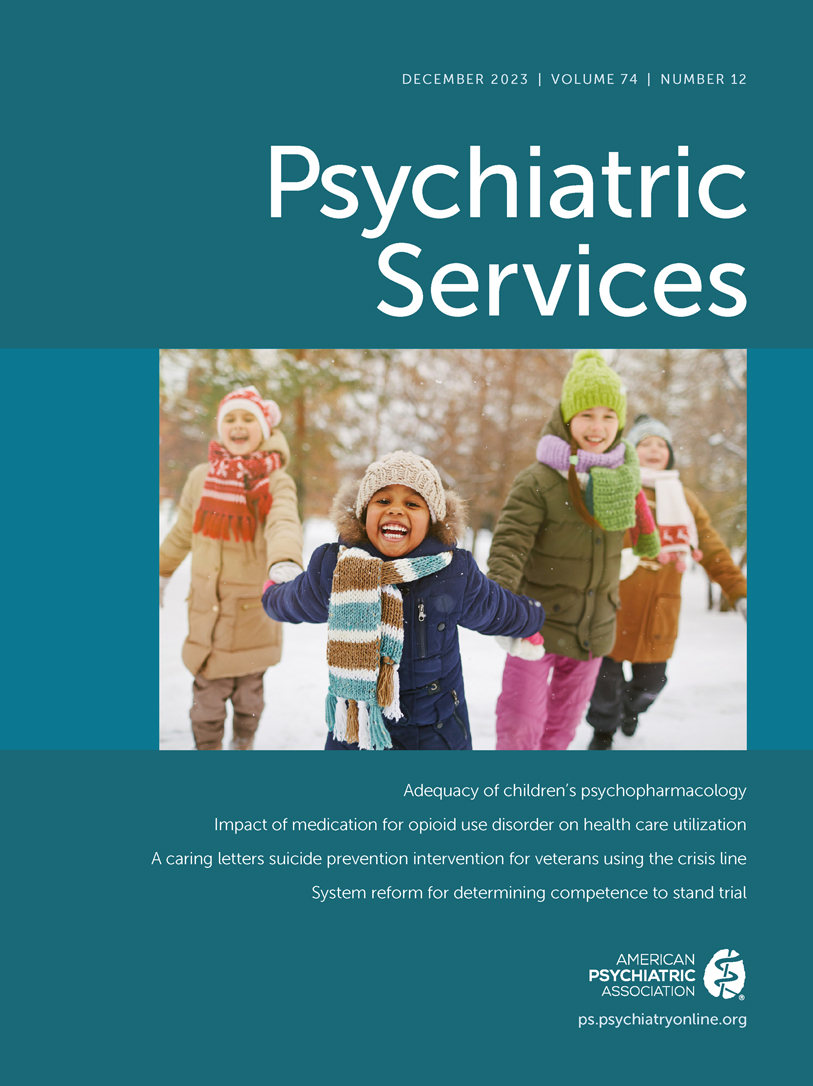Dual Relationships in Mental Health Peer Support
Abstract
Mental health peer support is a growing care modality; yet, understanding is limited regarding the ethical complexities that distinguish it from clinical mental health services. In particular, clinicians in mental health care do not navigate boundaries in the same way as peer workers, whose relationships with clients are notably different and may include interactions with clients outside designated support programs (“dual relationships”). Drawing on data from ongoing qualitative research, two researchers with lived experience of serious mental illness highlight the implications of dual relationships for both peer practice and research.
Access content
To read the fulltext, please use one of the options below to sign in or purchase access.- Personal login
- Institutional Login
- Sign in via OpenAthens
- Register for access
-
Please login/register if you wish to pair your device and check access availability.
Not a subscriber?
PsychiatryOnline subscription options offer access to the DSM-5 library, books, journals, CME, and patient resources. This all-in-one virtual library provides psychiatrists and mental health professionals with key resources for diagnosis, treatment, research, and professional development.
Need more help? PsychiatryOnline Customer Service may be reached by emailing [email protected] or by calling 800-368-5777 (in the U.S.) or 703-907-7322 (outside the U.S.).



